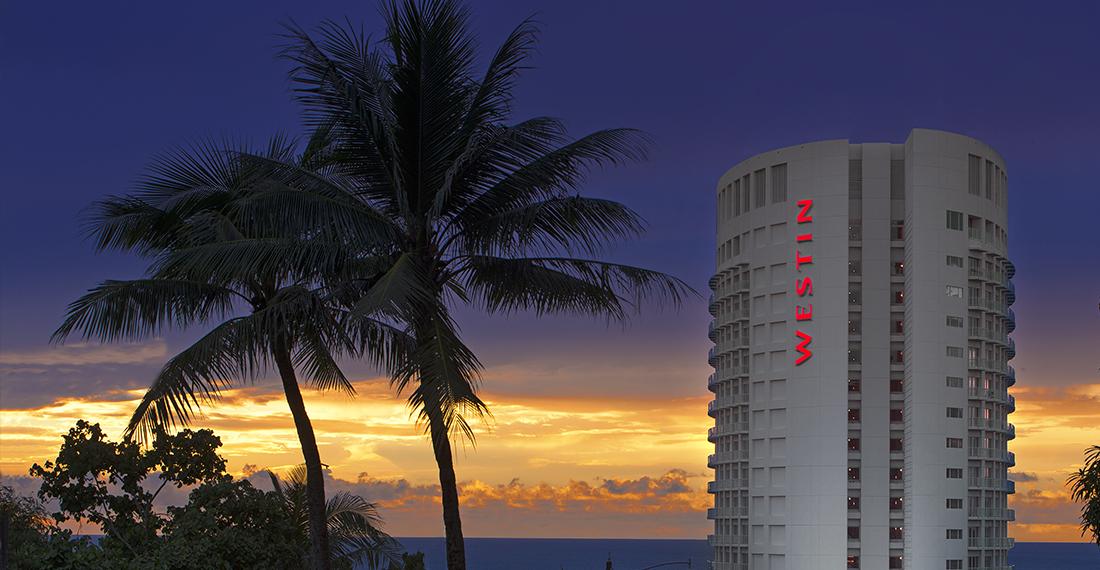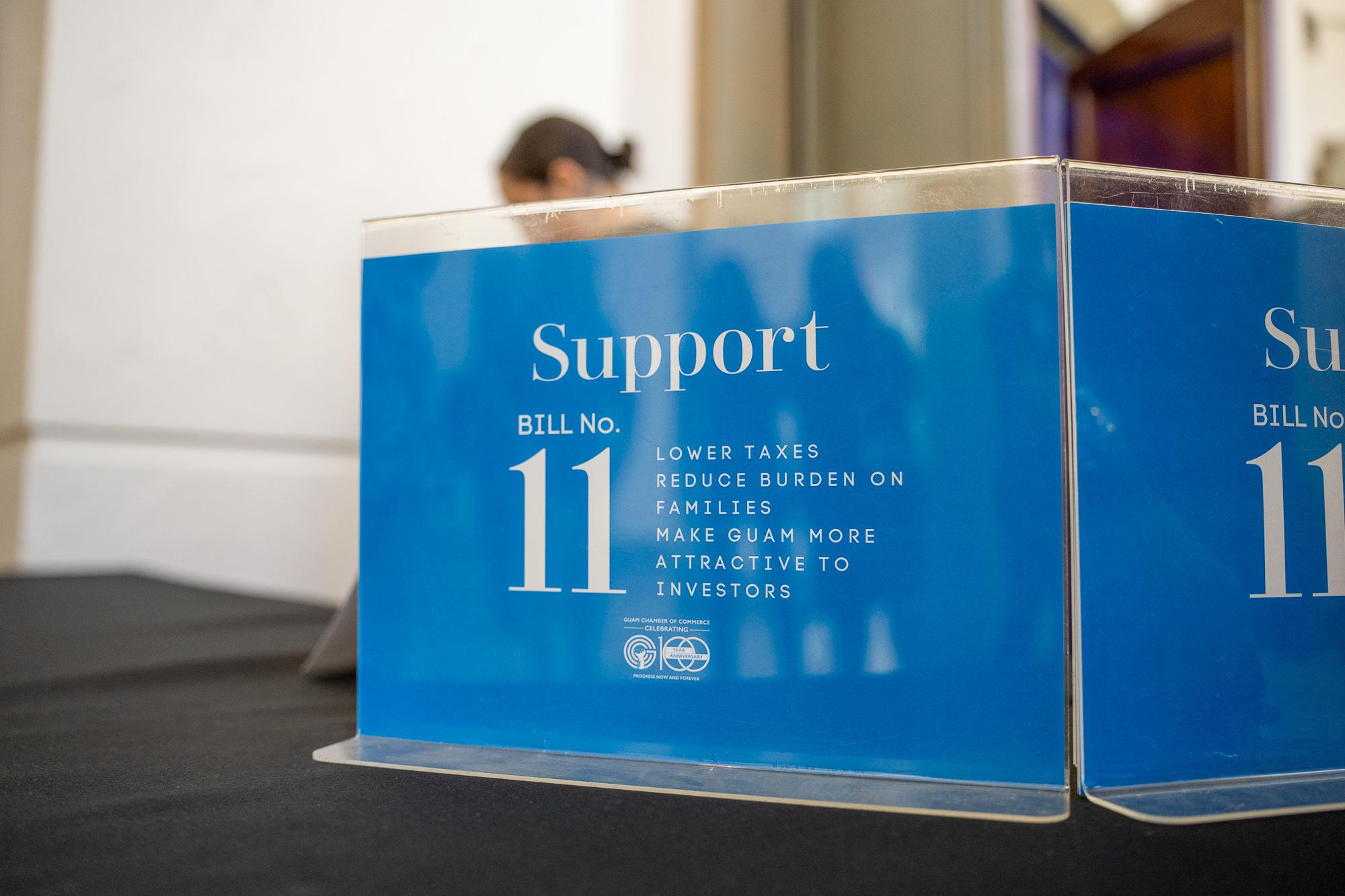Journal Staff
In the past month, several businesses on the island are making moves to refine their identities, grow their customer base, and bring something new to Guam’s business scene.
Rowena Vasquez Horton and Jay Horton started growing gourmet mushrooms roughly two years ago. Jay Horton told the Journal that Rowena Horton enjoyed eating the types that they could find at the supermarket and began researching ways to grow mushrooms locally.
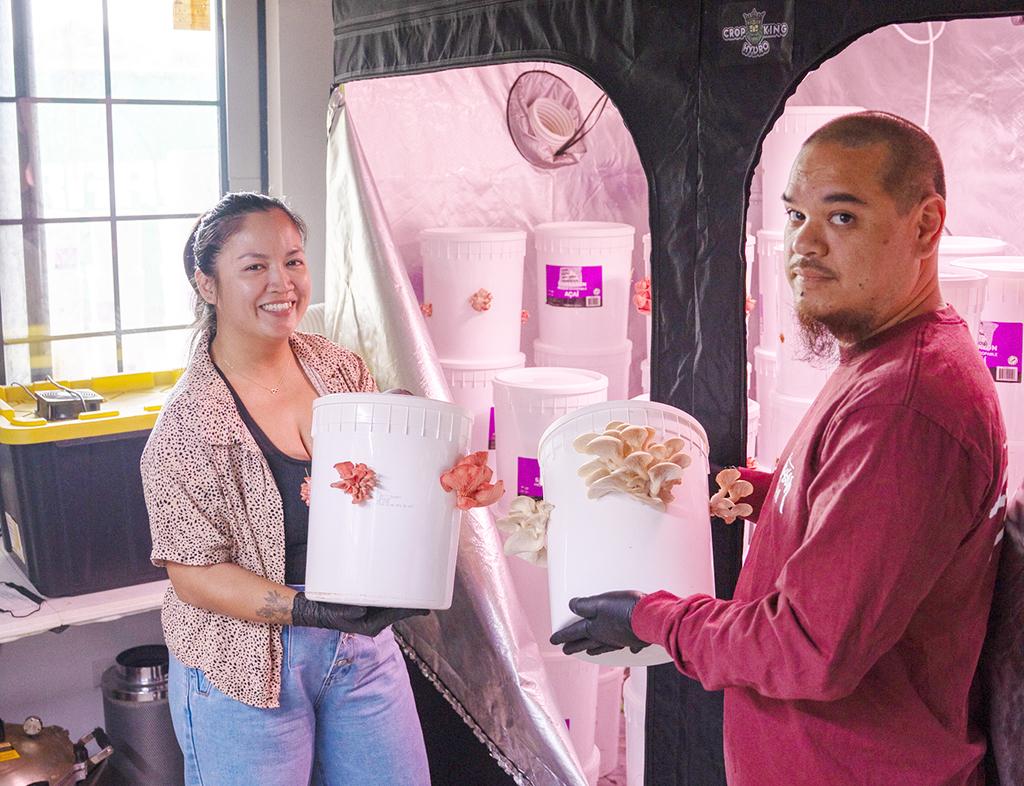
Rowena Horton has a background in childcare and education, while Jay Horton has worked a number of odd jobs including serving in the National Guard for six years, but told the Journal that cultivation is his passion and that he and his wife saw an opportunity in growing mushrooms commercially.
“I started off cultivating cannabis, and then from there it evolved into growing mushrooms,” he said. “No one else was doing it and I saw that there was potentially a market.”
As they grew mushrooms for personal use, they shared them to friends and family and the demand for their gourmet mushrooms quickly grew.
The couple officially legitimized their business in December, under the name JRTT Mångge Mushrooms and got their bona fide farmer certification in February, making the company one of the first commercial fungi farmers on Guam.
Jay Horton said when they applied for certification, the Department of Agriculture had no existing category for their type of farm.
“When [DOA] came for the inspection, they came in blindly not knowing what to expect, so we were showing them everything we know, and that’s what they went off of,” Rowena Horton said.
“We were actually nervous, we asked several times, ‘Can you give us a checklist of your requirements or what you’re going to be looking for?’ She said the chief inspector said, ‘We don’t know what to inspect you guys for.’”
She described the business as a “modernized farm.” The mushrooms grow in a climate-controlled 4-foot by 8-foot tent in a spare bedroom of their home. Everything in that room is sterilized; according to the couple, a wrong speck of dust could harm the mushroom’s growth.
“It was a lot of trial and error,” Jay Horton said.
JRTT Mångge Mushrooms cultivates two species of mushroom: the Pohu Oyster mushroom, native to Hungary, and the Pink Oyster mushroom, native to Indonesia and other tropical regions. Both varieties are rich in nutrients and vitamins, contain antioxidants, and are vegan- and vegetarian-friendly.
The mushrooms grow in plastic containers sourced from a local business which is filled with substrate and prepared fungal colonies. According to Jay Horton, each plastic container can yield up to two to three pounds of mushrooms which will be ready to harvest in roughly a week or more, Jay Horton said. With the current setup, the pair are able to harvest about 30 to 50 pounds per week, but they plan on expanding their operations to harvest as much as 250 pounds per week.
They currently sell to customers through social media and have provided samples to several hotels and restaurants on the island, which have used the mushrooms in their dishes.
Jay Horton estimated the total cost of setting up production is approximately $5,000 to date. The couple were able to source a lot of materials locally at little to no cost, but items they must purchase are oats, straw, and the fungal liquid cultures — sourced off-island from a mushroom farmer in Arizona. Due to shipping times, the cultures sometimes arrive contaminated or unusable.
“The amount of time it takes … by the time it gets here the mycelium is so fragile that it might be contaminated or dried out, or the mycelium died,” Jay Horton said.
One syringe of liquid culture can last a long time if handled correctly, he said.
JRTT Mångge Mushrooms is currently participating in the Guam Unique Merchandise and Arts training and mentoring program to expand its business to keep up with orders. Jay Horton had purchased a 4 foot by 20-foot container to grow more mushrooms in and hopes to get funding to convert it into a larger growing facility.
Beyond business growth, a goal is to educate more people on Guam about the offerings; the couple are active in the community showcasing their produce and hope that their mushrooms can be a part of many Guamanian’s diets in the future.
The story of Ryze Martial Arts Fitness Academy’s rebrand is one of inclusivity – evolving to include multiple disciplines beyond Brazilian Jiu-Jitsu. Ryze told the Journal that it has expanded to Judo, Muay Thai, and overall fitness, while remaining to instill the traditions of the Carlson Gracie lineage, a mindset built “on relentless hard work, technical excellence, and a strong sense of team spirit.”
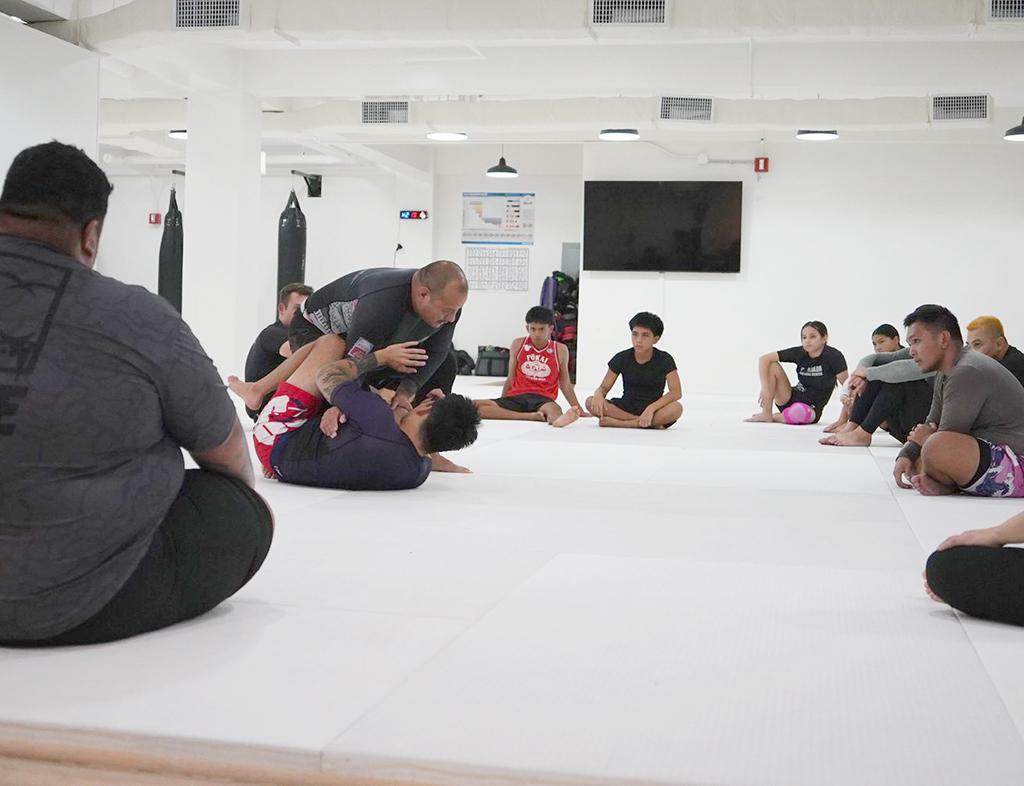
Ryze MAFA is in Tamuning and rebranded from the Carlson Gracie MAFA on Jan. 7.
It is family-owned and operated by Michael Nededog, Brittany Funes, and Clifton Nededog, who hold black and brown belts in Brazilian Jiu-Jitsu. They are also joined by Leha Funes and Leandra Fulger, who manage the academy’s day-to-day operations.
Ryze said their “passion for martial arts and commitment to building a strong, community-driven academy are the driving forces behind [the academy].” The academy’s namesake represents growth, resilience, and evolution. Ryze said it aligns with its mission to help students “rise to their full potential on and off the mats.”
More than 150 students across multiple disciplines are enrolled in the academy. Ryze has nine Brazilian Jiu-Jitsu instructors and two Muay Thai instructors that share 1,900 square feet of mat space. The academy also features a weight room and cardio equipment alongside a locker room, shower, and sauna.
Ryze plans to expand to other disciplines in the future, while also enhancing its facility with new equipment and training spaces. It also plans on hosting more seminars and workshops with high-level instructors, to include collaboration with the Carlson Gracie team.
“Our vision is to make Ryze a premiere martial arts and fitness hub in Guam, where students of all backgrounds can train, learn, and grow,” Ryze said. “Beyond just training individuals, we envision a future where Guam stands as one on the global stage.”
Allegory Coffee and Stories opened in Barrigada with a soft opening on March 29. The coffee shop’s themes are stories and fairy tales, with inspirations from the Christian faith and is owned and operated by the Hecita family.
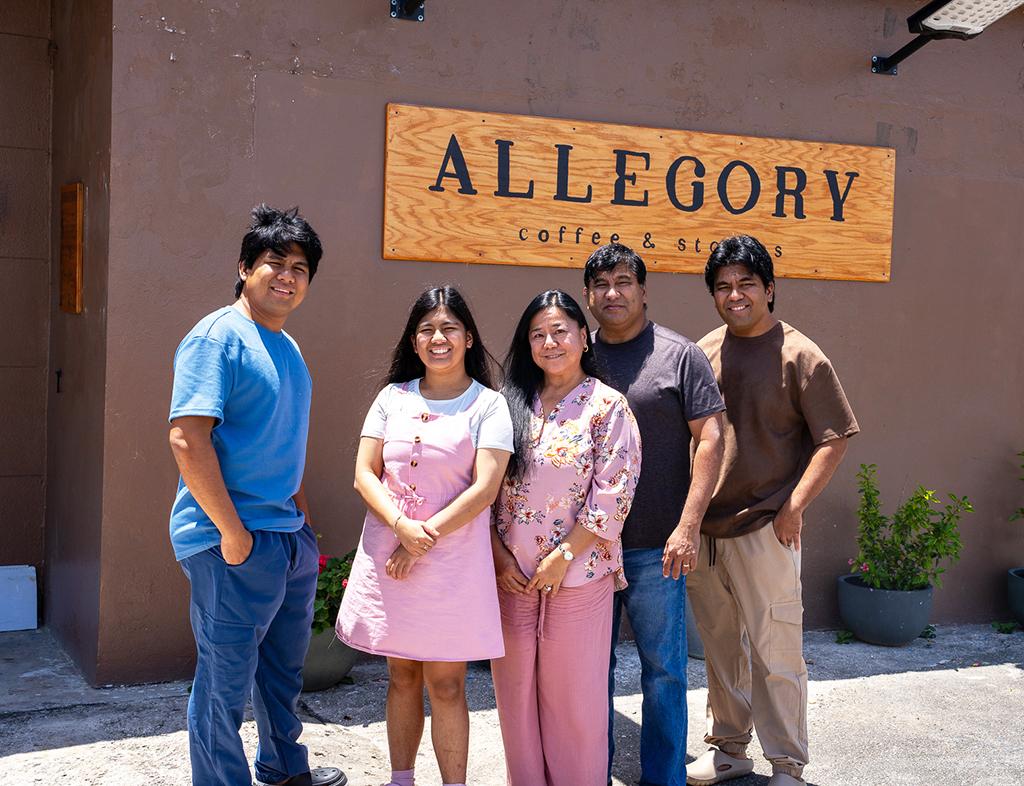
Fredalynn Hecita, the shop’s owner, first conceptualized the business 35 years ago as a marketing student at the University of Guam.
She originally wanted to open a gym coffee shop, but met her husband Robin Hecita and after the couple had their first son the plan changed.
Zachary Hecita — the oldest son and the creative director of Allegory — said after the COVID-19 pandemic, his father Robin had the idea of a “coffee shop church.” The family got together with members of their congregation and hosted small sermons and studies at coffee shops in Guam.
“It was kind of difficult, even though it was really successful,” Zachary Hecita told the Journal. Scheduling and space issues were always a challenge, but it reignited Fredalynn Hecita’s idea of opening her own coffee shop.
The Hecitas purchased the Barrigada property and renovations began in August 2024. Fredalynn Hecita told the Journal the family wanted the shop to be near the University of Guam and to be close to her parents, who live in the village.
The renovations cost roughly $41,000 – slightly more than originally budgeted. The approximately 1,200 square foot space had been heavily damaged during Typhoon Mawar in 2023, and the building’s electrical work and interior had to be redesigned to fit the coffee shop's needs.
The family were able to save almost $40,000 on manpower, however. The family’s second oldest son, Jeremiah Hecita, who is the chief finance manager of the business, had a background in construction and built much of the furniture in the shop. Similarly, Robin Hecita had a background as an electrician and Fredalynn and Zachacry Hecita did much of the interior design. On some days, the family worked in the shop from 6 a.m. to 2 a.m.
Everything is custom-made in the facility.
The shop’s design took on a cottage look, and the interior can be described as “cozy.” Outside of the main dining area is a small private room used for ministry, board games, and quiet reading.
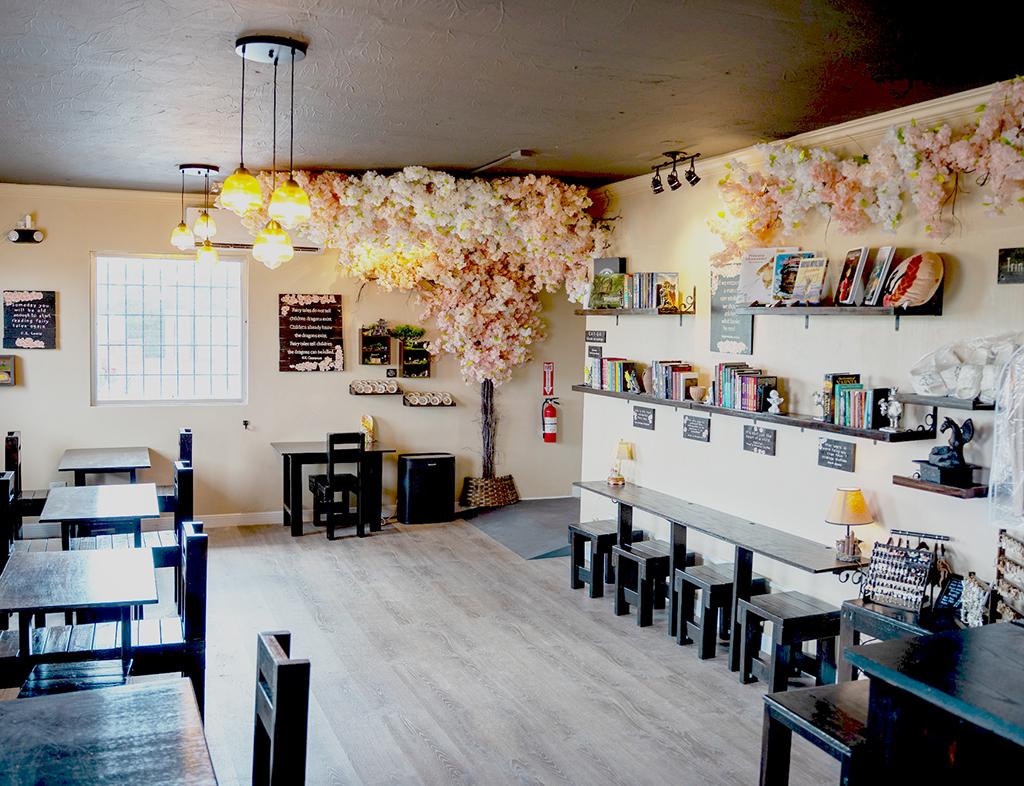
The menu is inspired by mythical and fantastical creatures: cherubs, unicorns, dragons, pixies, fairies, and angels. Shokupan or Japanese Milk Bread pastries and cookies are made by Glory Hecita, the youngest of the three siblings and the head baker and barista.
Fredalynn Hecita said that Allegory differs from other shops as its drinks are made with handcrafted ingredients. “You can pronounce the ingredients in our drinks,” she said.
The family had learned coffee brewing techniques at the UCC Coffee Academy in the Philippines and coffee shops in Korea. Consequently, the menu is heavily inspired by Asian cooking methods from Korea, the Philippines, and Vietnam.
Island Clothing Guam recently relocated to Harmon Loop Plaza in Dededo, hosting a soft opening on March 14. The customer merchandise shop offers apparel, stickers, playing cards, and its own line of Guam- and Pacific Island-themed clothing. mbj
















